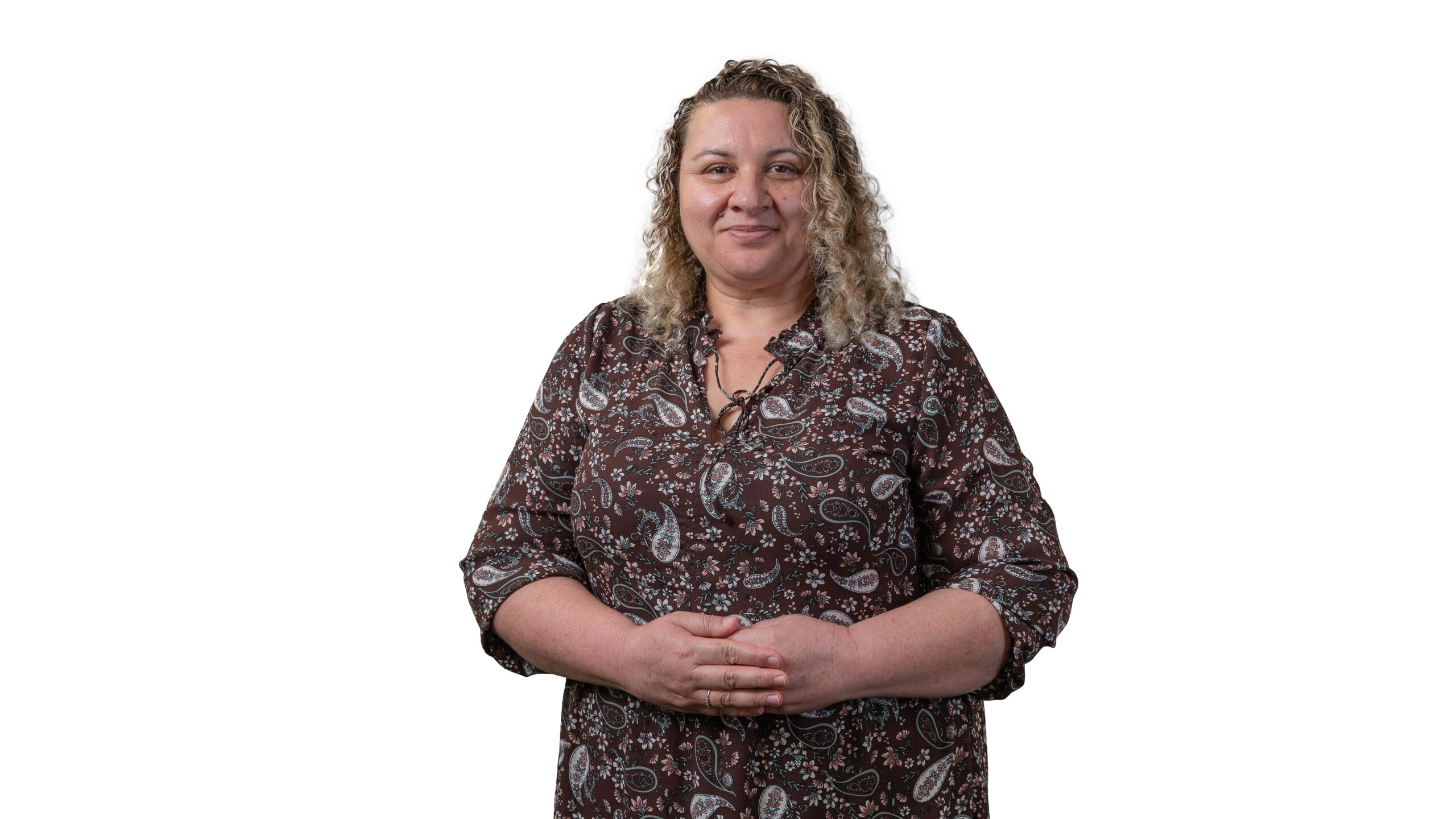
Healthy Families South Auckland Systems Innovator Phillipa Meihana is helping to drive systems change as part of her mahi for Food Systems, Oranga Whakapapa (Maori Systems Return) and Movement and Sport initiatives.
We caught up with her to tell us about why she ‘loves’ her role and her hopes to create change in the places and spaces where people live, learn, work, and play in South Auckland.
Hi Phillipa, tell us how you got into this role.
I started out as an Implementation Coordinator (IC) for Healthy Families South Auckland. The role essentially is designed to assist LSI/SI (Lead Systems Innovator and System Innovator) to deliver their initiatives. Pretty much it requires one to carry out tasks and responsibilities that the Lead needs done to achieve the work. At times it was heavily administrative which can include meeting minutes, organising an event, delivery of equipment, facilitating meetings to name a few. It’s a varied role so I enjoyed it a lot as it’s multifaceted and requires one to be able to multitask and get hands-on.
What key lessons have you learned with Healthy Families South Auckland?
It’s been a big learning curve being in Healthy Families to understand the approach particularly around systems change. My focus in the IC role had really been about getting things done. The Systems Innovator role has allowed me to be more involved in the work and to lead and speak about the work as you’re hands-on in the role. For example, the Food Systems space has allowed me to design and work on ideas that may help to create systems change working with local marae, churches, and other community groups. It’s a great role!
What do you enjoy about being a Systems Innovator?
It has allowed me to focus on three key initiatives instead of seven that I was involved in before (laughs). I am now working in the Food Systems, Oranga Whakapapa (Maori Systems Return) and Movement and Sport and so I have time and energy to work on these three initiatives and their respective milestones and goals. I work closely with the Lead to make things happen.
Tell us about your experience working in South Auckland?
I grew up on the North Shore and have lived in different parts of Auckland. Having worked in HFSA for the past years, the struggle is real for people, particularly for families having to face the rising cost of living. Prior to Christmas I interviewed 11 different families from across South Auckland and to hear it from people (of all different cultures) was heartbreaking. While this is a national problem, it has a greater impact on local people given the low incomes, inadequate housing, and various social issues they face. It makes me sad, but I hope that we can make a difference to their lives as part of HFSA.
Talking about hope, what would you like to see happen locally?
That we can help equip local people to overcome the status quo. There are ways that people can better themselves even if you’re on a low income. I know it’s hard having experienced similar circumstances myself, and I know its tough but it’s about trying to open their eyes to the other opportunities there are in our South Auckland or greater Auckland environment. I feel sad that they haven’t been given the opportunities that many others may have, or they’ve missed them.
Do you agree that the cause of these missed opportunities is because of systemic barriers?
Absolutely true! The system is designed for a western worldview that fits people that think and consider the world in that way. It’s not a one rule fits all, policies must be designed for people with different needs and worldviews. We work closely with Pacific/Maori communities to gather evidence to inform the public service about the realities of how South Aucklanders live and how the Government should respond to help people thrive. For example, we had a meeting with a public health professional who said that the health ministry generally think that Pacific people don’t eat vegetables. Well, we know that’s not true, Pacific people eat vegetables in the islands, yet when they get to New Zealand it’s a lot more expensive and the environment is different here. So, what can the system do to change the environment for people to get vegetables.
Any final words
I understand the struggles of many families as I was once a working single mother raising my daughter with no family around. My faith in God has helped me to get through those tough times. I am so passionate about the food system in South Auckland as I understand first-hand what the struggle is like, and its stark reality for many people. What I love about this role is that I’m out in the community trying to make a difference for South Auckland with the aim to reduce chronic disease through a systems change lens. It’s complex but I’m excited to work with stakeholders to create systems change for local people.
ENDS